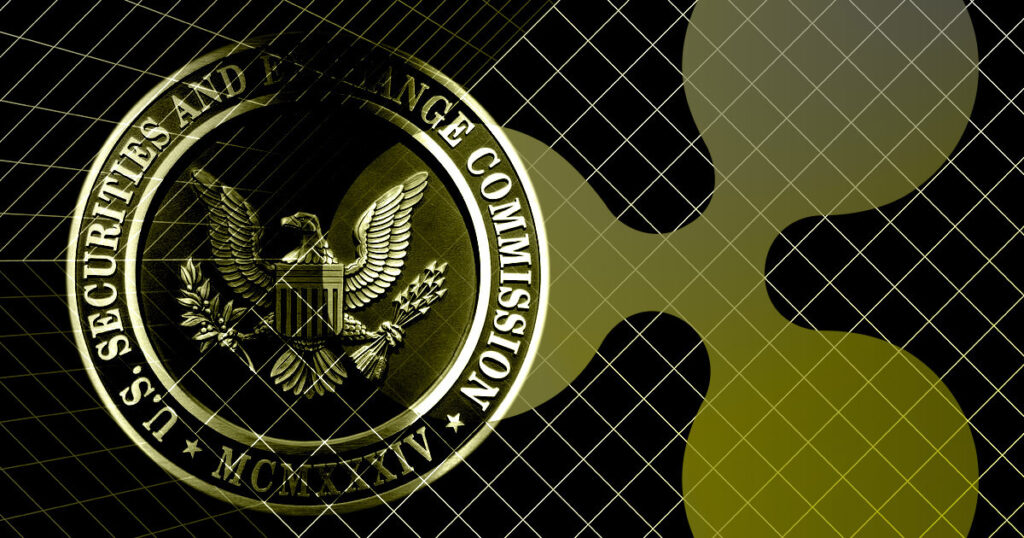Ripple filed on August 16 opposing an anticipated interim appeal from the U.S. Securities and Exchange Commission (SEC).
The SEC accused Ripple and two of its members in December 2020 of violating security regulations by selling the XRP token. Ripple was granted summary judgment in that case on July 13, 2023 when the judge ruled that programmatic or public exchange sales of XRP (and certain other distributions) were not securities offerings.
However, on August 9, the SEC filed a lawsuit outlining a basis for an interim appeal that would challenge the pro-Ripple ruling.
Ripple’s latest filing now aims to prevent such an event. The company argued that the SEC’s expected appeal is a departure from its previous focus, writing:
“Failed to fulfill his burden of presenting facts that would support stretching [the Howey test] to cover everything [Ripple’s] distributions of the digital asset XRP, the SEC is now doing a U-turn and is rushing to appeal what it claims… is a purely “legal issue” that affects all other digital asset-related matters.”
Ripple suggested that the exceptional circumstances necessary for a preliminary injunction do not exist and went on to address the SEC’s earlier points.
Ripple responds to SEC’s arguments
Ripple argued that the contested summary judgment does not constitute a point of law, noting that the security status of programmatic XRP sales does not constitute a mere point of law that can be decided “quickly and cleanly”. Rather, the matter can only be decided by considering a variety of facts through the Howey test — a test Ripple says is “fact-specific” by the SEC’s own admission.
Ripple further argued that the SEC has provided no significant reasons to challenge the court’s earlier ruling. While the SEC previously suggested there is an “intra-district split,” Ripple said those differences are “illusory.”
Ripple said that while the court responsible for the SEC’s separate case against Terraform Labs rejected the distinction between programmatic and institutional buyers, that court similarly concluded that digital assets are not necessarily securities offerings. Ripple also argued that other pending SEC cases are not evidence of a split within the district, as each case has different facts and circumstances.
Finally, Ripple argued that the SEC’s appeal would not help close the case, but would in fact raise further legal questions. Previously, the SEC argued that its cross-appeal would simplify the procedure and make it more efficient.
The above matters only pertain to Ripple’s programmatic sales and other distributions. Separately, the SEC considers Ripple’s institutional sales to be securities. In addition, two Ripple members will face a jury trial for their involvement in sales activities.
Ripple’s Opposition to Expected SEC Appeal appeared first on CryptoSlate.

